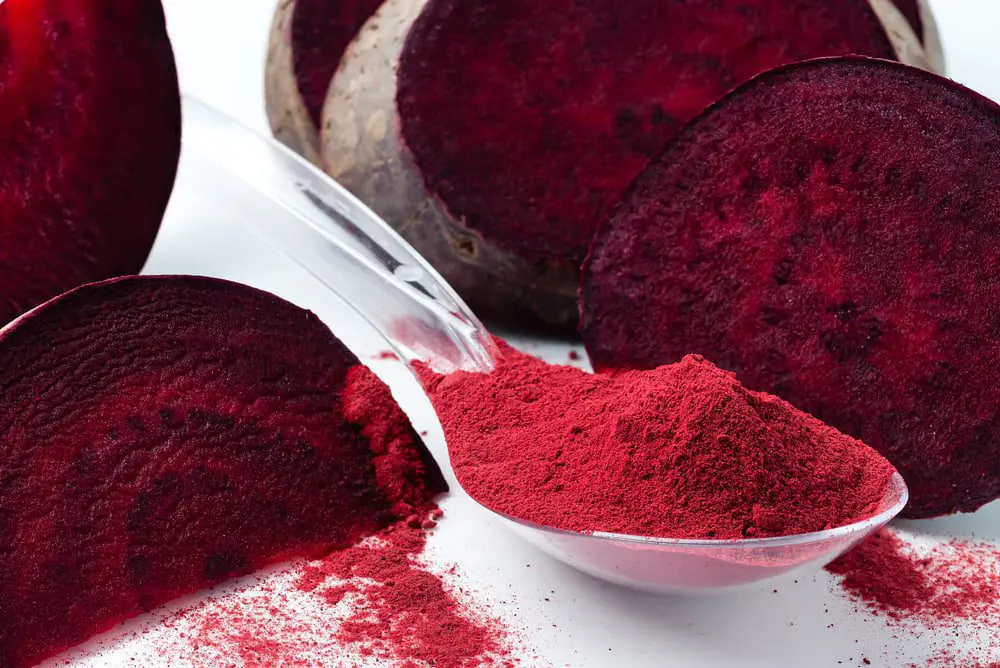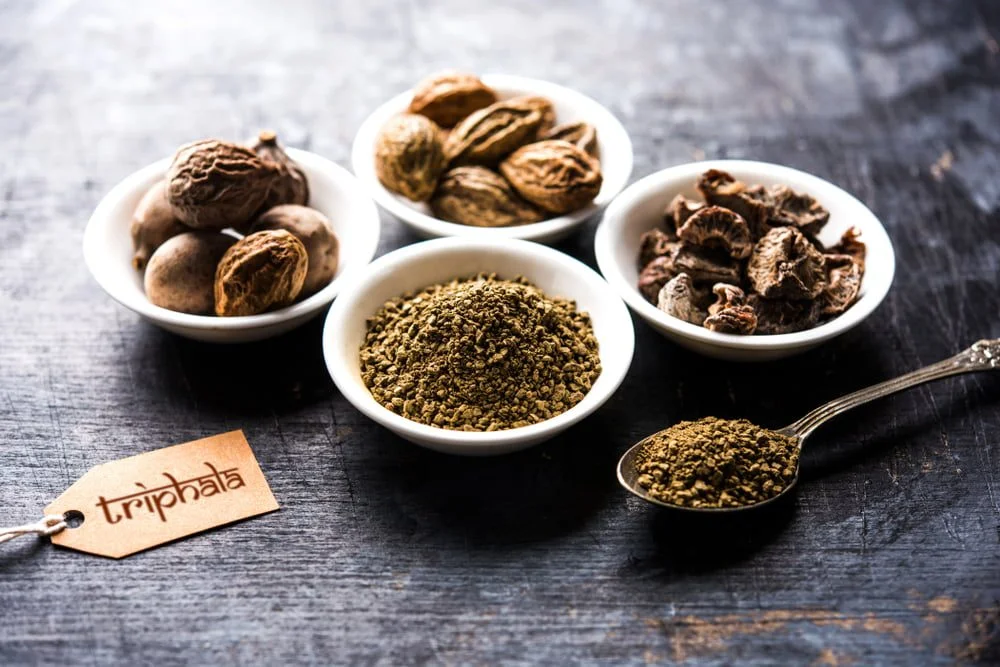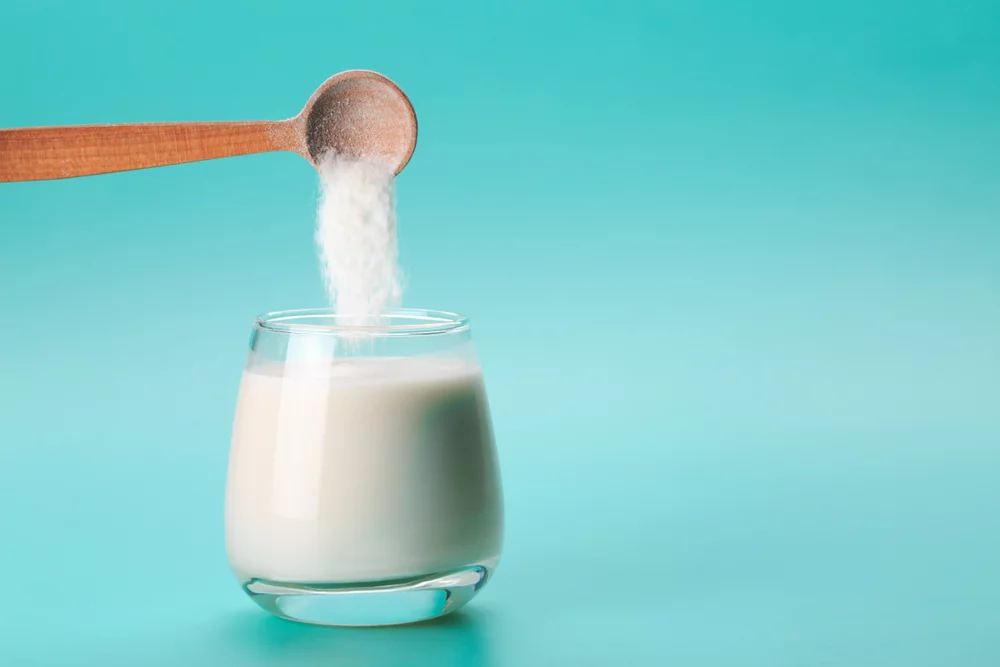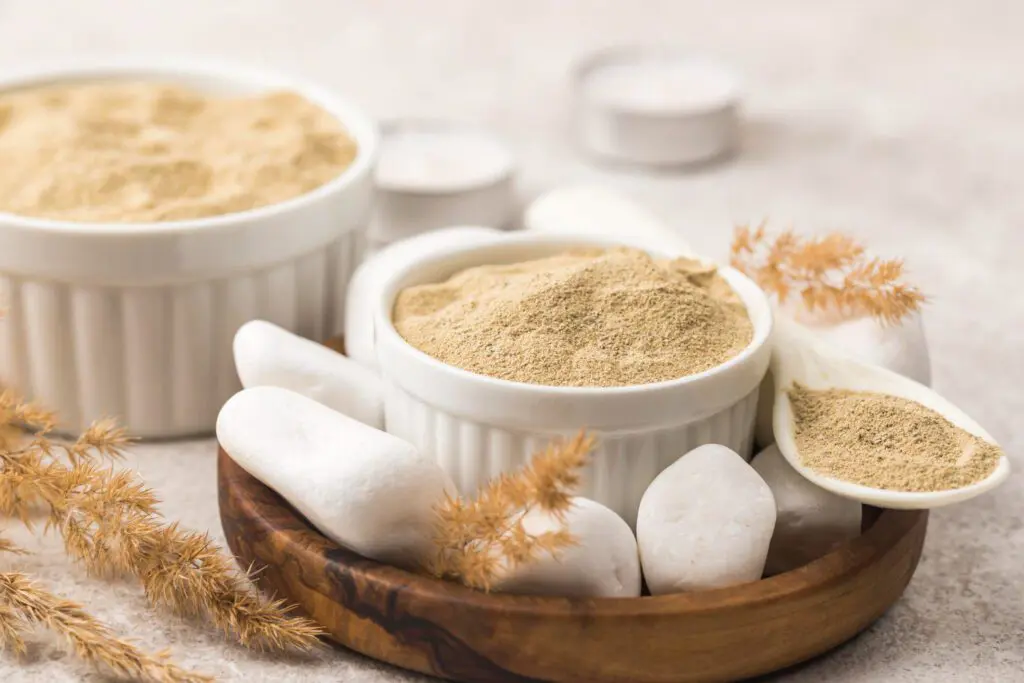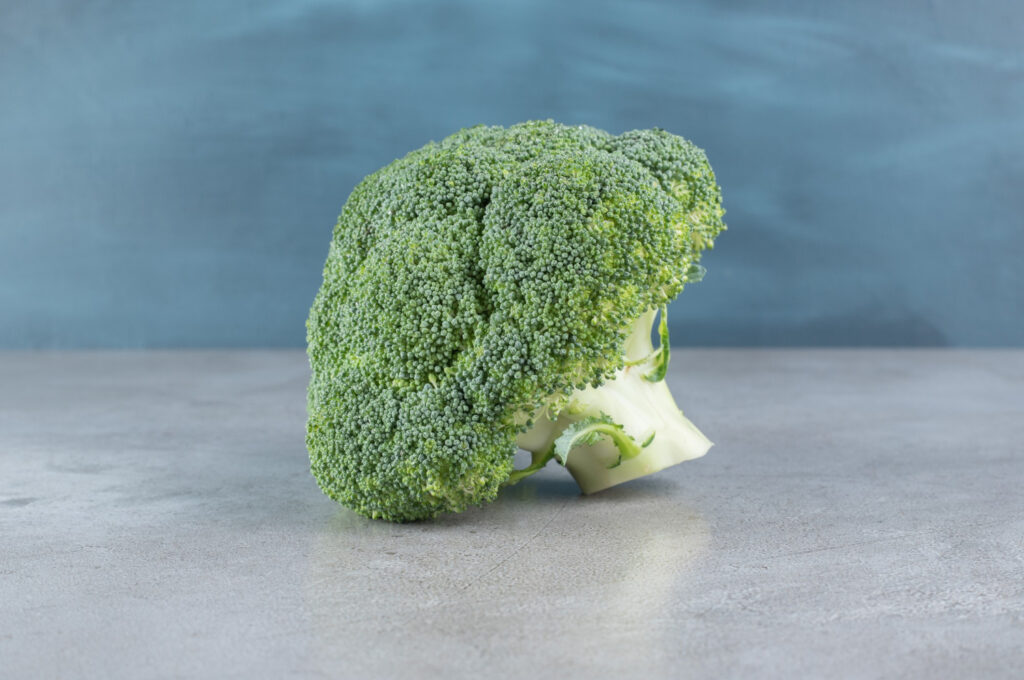Beetroot juice and pomegranate juice may seem like simple beverages, but they pack a serious punch when it comes to health benefits. Both of these juices have been used for centuries in traditional medicine, and modern science is now backing up many of their claimed benefits.
“The natural compounds found in beetroot and pomegranate can have profound effects on health, from boosting energy to fighting inflammation,” says Dr. Sarah Richardson, a nutritionist and wellness expert.
In this article, we’ll break down the nutritional profiles of both juices, explain their individual benefits, and explore why combining them could be even more effective.
The Nutritional Power of Beetroot Juice.
Beetroot juice is made by extracting the liquid from beets, a root vegetable known for its vibrant color and earthy flavor. But beyond its aesthetic appeal, beetroot is a nutritional powerhouse.
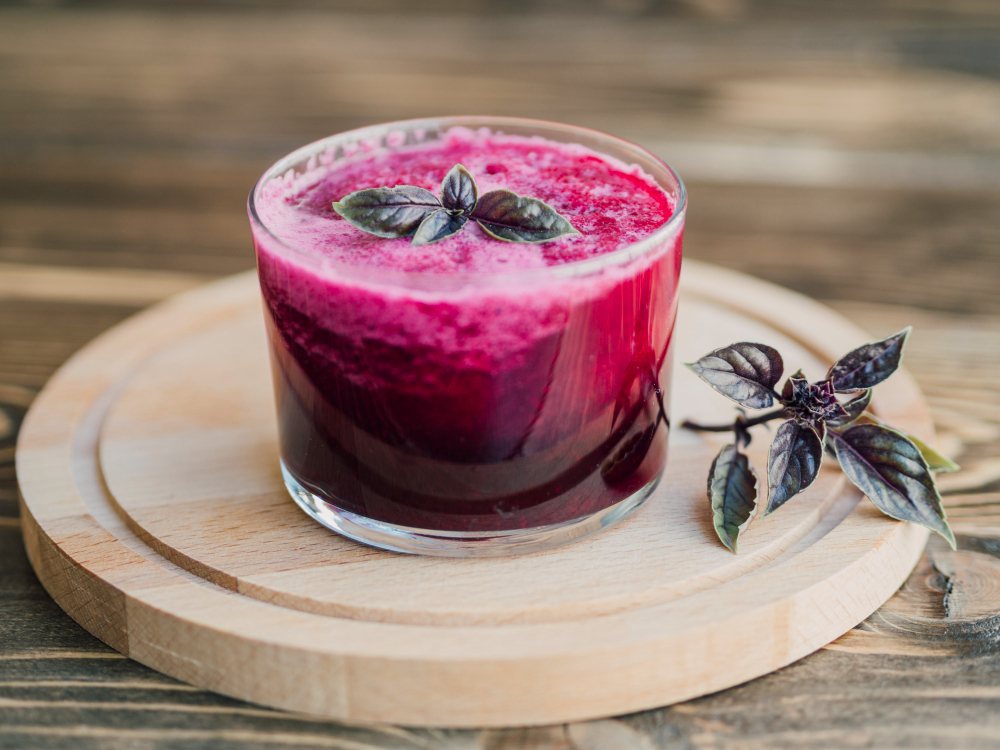
Key Nutrients in Beetroot Juice:
– Nitrates: These natural compounds help widen blood vessels, improving blood flow and lowering blood pressure.
– Vitamin C: A powerful antioxidant that supports immune function and skin health.
– Folate (Vitamin B9): Essential for cell growth and function, particularly during pregnancy.
– Potassium: Helps regulate fluid balance and supports nerve and muscle function.
Scientific Evidence.
Beetroot juice has gained a lot of attention in the scientific community, particularly for its cardiovascular benefits. Several studies have shown that the nitrates in beetroot juice can lower blood pressure and improve blood flow, reducing the risk of heart disease.
A 2012 study published in the Journal of Nutrition found that drinking beetroot juice significantly lowered blood pressure in people with high blood pressure. The study suggested that regular consumption could lead to long-term heart health benefits.
The Health Benefits of Beetroot Juice.
1. Improves Athletic Performance.
One of the most popular reasons people drink beetroot juice is to enhance athletic performance. The nitrates in beetroot juice help to increase oxygen delivery to muscles, improving endurance and stamina.
In a 2011 study published in the Journal of Applied Physiology, athletes who drank beetroot juice experienced a 16% increase in exercise endurance. This makes beetroot juice a favorite among runners, cyclists, and other endurance athletes.
2. Lowers Blood Pressure.
High blood pressure is a significant risk factor for heart disease and stroke. As mentioned earlier, beetroot juice’s high nitrate content helps dilate blood vessels, leading to lower blood pressure levels.
In a clinical trial conducted by the British Heart Foundation, participants who drank 250 ml of beetroot juice daily saw significant reductions in their blood pressure, particularly within the first three hours.
3. Reduces Inflammation.
Beetroot juice is also rich in antioxidants, such as betalains, which have anti-inflammatory properties. Chronic inflammation is linked to a wide range of diseases, including heart disease, cancer, and arthritis.
Research published in the Nutrients journal in 2019 concluded that beetroot juice could help lower inflammation markers in people with chronic health conditions.
The Nutritional Power of Pomegranate Juice.
Pomegranate juice is another nutritional heavyweight, rich in antioxidants, vitamins, and minerals. Known as the “jewel of winter,” the pomegranate has been praised for centuries for its medicinal properties.
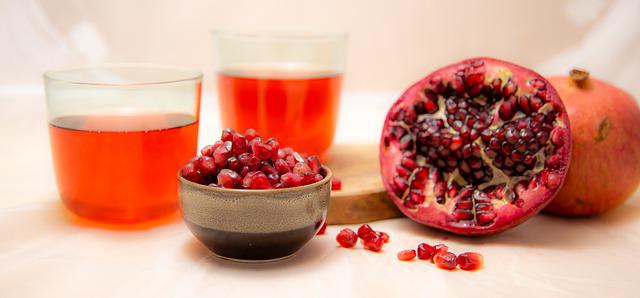
Key Nutrients in Pomegranate Juice.
– Punicalagins: Powerful antioxidants that can reduce inflammation and fight off free radicals.
– Vitamin C:Just like beetroot juice, pomegranate juice is an excellent source of this immune-boosting vitamin.
– Polyphenols: These antioxidants are linked to improved heart health and reduced cancer risk.
– Fiber: While some of the fiber is lost during juicing, pomegranate juice still retains a small amount, which supports digestive health.
Scientific Evidence.
Pomegranate juice is one of the richest sources of antioxidants, which are crucial for combating oxidative stress—a process linked to aging and many chronic diseases.
A study published in Atherosclerosis found that pomegranate juice reduced cholesterol buildup in arteries and decreased blood pressure in people with heart disease. The researchers attributed these benefits to the juice’s high levels of polyphenols and other bioactive compounds.(1)
The Health Benefits of Pomegranate Juice.
1. Promotes Heart Health.
Pomegranate juice has been shown to improve heart health by reducing cholesterol and lowering blood pressure. This is largely due to its rich content of polyphenols, which protect the heart by reducing oxidative stress and inflammation.
A 2005 study in the American Journal of Clinical Nutrition demonstrated that drinking pomegranate juice for just two weeks resulted in lower blood pressure levels and reduced arterial plaque by 30%.(2)
2. Boosts Memory and Cognitive Function.
Pomegranate juice may also benefit brain health. Its high antioxidant content helps protect the brain from damage caused by free radicals, and some studies have suggested that it could improve memory and cognitive function.
In a 2013 study published in the Journal of Evidence-Based Complementary & Alternative Medicine, elderly individuals who drank pomegranate juice daily showed improved visual and verbal memory compared to those who didn’t consume the juice.
3. Fights Inflammation and Joint Pain.
Just like beetroot juice, pomegranate juice has powerful anti-inflammatory effects. This is particularly beneficial for people suffering from conditions like arthritis, as inflammation is a key driver of joint pain and damage.
In a clinical trial published in Food & Function, participants with osteoarthritis who consumed pomegranate juice experienced less joint tenderness and inflammation compared to those who did not.(3)
Why You Should Combine Beetroot and Pomegranate Juice?
While beetroot and pomegranate juices are impressive on their own, combining them can offer a synergistic effect. Both juices are packed with antioxidants and anti-inflammatory compounds that promote heart health, enhance athletic performance, and support overall well-being.
Here’s why you might want to try mixing the two:
– Double the Antioxidants: Both beetroot and pomegranate juice are rich in powerful antioxidants that fight oxidative stress and reduce inflammation.
– Boosted Athletic Performance: The nitrates in beetroot juice, combined with the anti-inflammatory effects of pomegranate juice, can improve endurance and recovery after exercise.
– Enhanced Heart Health: Both juices have been shown to lower blood pressure and improve circulation, making them a heart-healthy duo.
Frequently Asked Questions.
Yes, both juices are safe to consume daily, as long as they’re part of a balanced diet. However, it’s always a good idea to consult your doctor if you have any health concerns.
Most studies suggest drinking 200-250 ml of either juice per day to see significant health benefits. You can adjust the amount based on your personal health goals.
Beetroot juice can sometimes cause a pinkish-red tint in urine or stools, which is harmless. Pomegranate juice can interact with certain medications, such as blood thinners, so speak with your healthcare provider if you’re taking medication.
Bottom Line.
Beetroot and pomegranate juices are two of nature’s most powerful drinks, offering a wide range of health benefits, from heart protection to improved athletic performance. Whether consumed alone or together, these juices can be a valuable addition to your diet, helping you feel more energized and healthier.
+3 Sources
FitnessQuora has strict sourcing guidelines and relies on peer-reviewed studies, educational research institutes, and medical organizations. We avoid using tertiary references. You can learn more about how we ensure our content is accurate and up-to-date by reading our editorial policy.
- Pomegranate for Your Cardiovascular Health; https://pmc.ncbi.nlm.nih.gov/articles/PMC3678830/
- Polyphenols and Oxidative Stress in Atherosclerosis-Related Ischemic Heart Disease and Stroke; https://pmc.ncbi.nlm.nih.gov/articles/PMC5727797/
- Evidence for health properties of pomegranate juices and extracts beyond nutrition: A critical systematic review of human studies; https://www.sciencedirect.com/science/article/pii/S0924224421003885

 Workout
Workout
 Meditation
Meditation





 Contact Us
Contact Us






